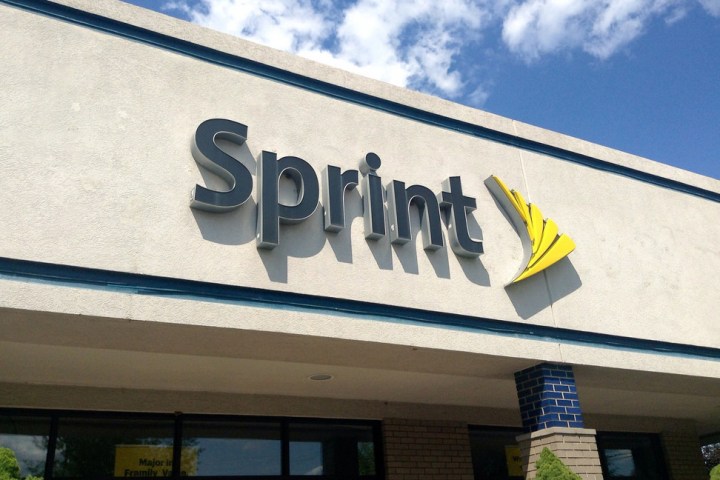
The rough time frame is “late 2019,” according to a brief press release on Sprint’s website. “Qualcomm, SoftBank, and Sprint [will] provide commercial services and devices in late 2019,” a spokesperson for the company wrote. “Additional details will be provided.”
Sprint and partners will deploy spectrum in the 2.5GHz band, using a new standard developed by the 3rd Generation Partnership Project — a key working group overseeing the development of 5G technologies.
The news comes after T-Mobile, one of Sprint’s chief rivals, paid $8 billion for 45 percent of the U.S. and Puerto Rico’s 600 MHz network spectrum as part of a nationwide 5G rollout.
In February, Verizon launched “pre-commercial” 5G service for homes and offices in 11 cities, following a partnership with Samsung, Qualcomm, and others that saw
AT&T, another rival, said it will begin streaming DirecTV service over 5G to some residential customers. And more recently, it announced “
Entire industries stand to benefit. 5G-enabled cars, Internet of Things (IoT) products, and even virtual and augmented reality headsets will deliver faster, more reliable experiences than the 4G devices of today — at least in theory. And cloud-powered storage like iCloud and Google Drive could become speedy enough to physical hard drives.
“With 5G, we’ll see computing capabilities getting fused with communications everywhere, so trillions of things like wearable devices don’t have to worry about computing power because the network can do any processing needed,” Asha Keddy, general manager of mobile standards for advanced tech at Intel, told Quartz in an interview ahead of 2017 Mobile World Congress. “There will be an underlay network with computing and communications, so not everything needs to go through backhaul because lots of capabilities will be available close to where [they’re] needed.”
That will depend on the implementation, of course. AT&T expects its 5G deployment to reach 400Mbps in the next few months, improving to 1Gbps by the end of the year. In lab testing, it achieved 14Gbps in a test in early 2016 — the equivalent of downloading a 15GB file in nine seconds.
And then there’s the fact that the 5G standard hasn’t been finalized. The International Telecommunications Union, the governing body behind mobile specs, isn’t expected to publish a definition until November 2017.
But carriers like T-Mobile seem confident it will come around.
“We’re going to run at it and run hard,” T-Mobile chief technology officer Neville Ray told USA Today in an interview.
Editors' Recommendations
- Visible’s affordable 5G plans just got even cheaper
- Visible just made its unlimited 5G plan better than ever
- Have T-Mobile? Your 5G service is about to get much faster
- This tiny dongle will change 5G connectivity forever
- T-Mobile just set another 5G speed record



